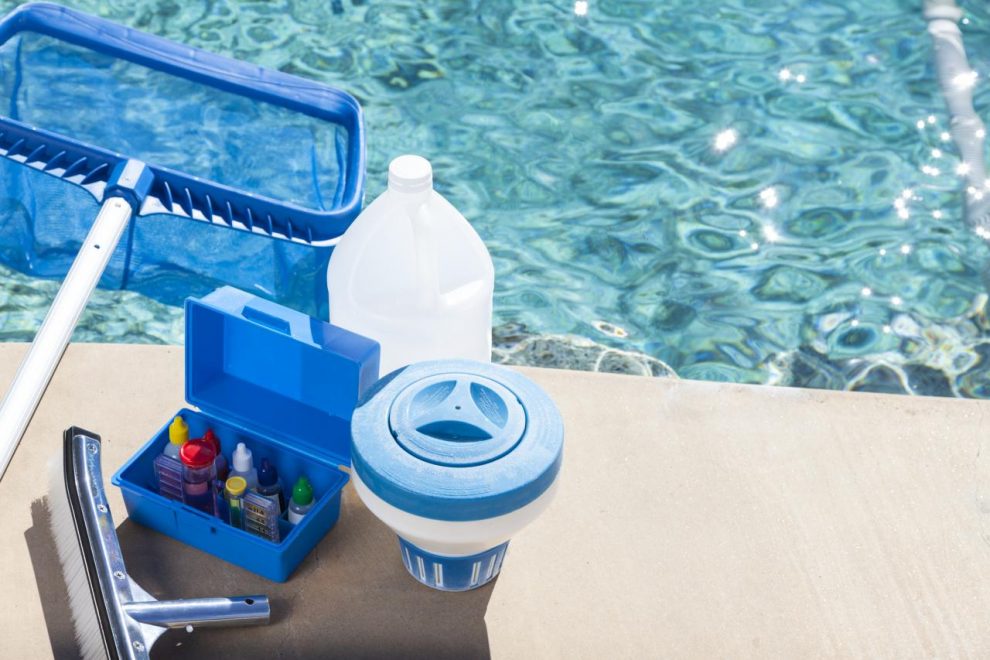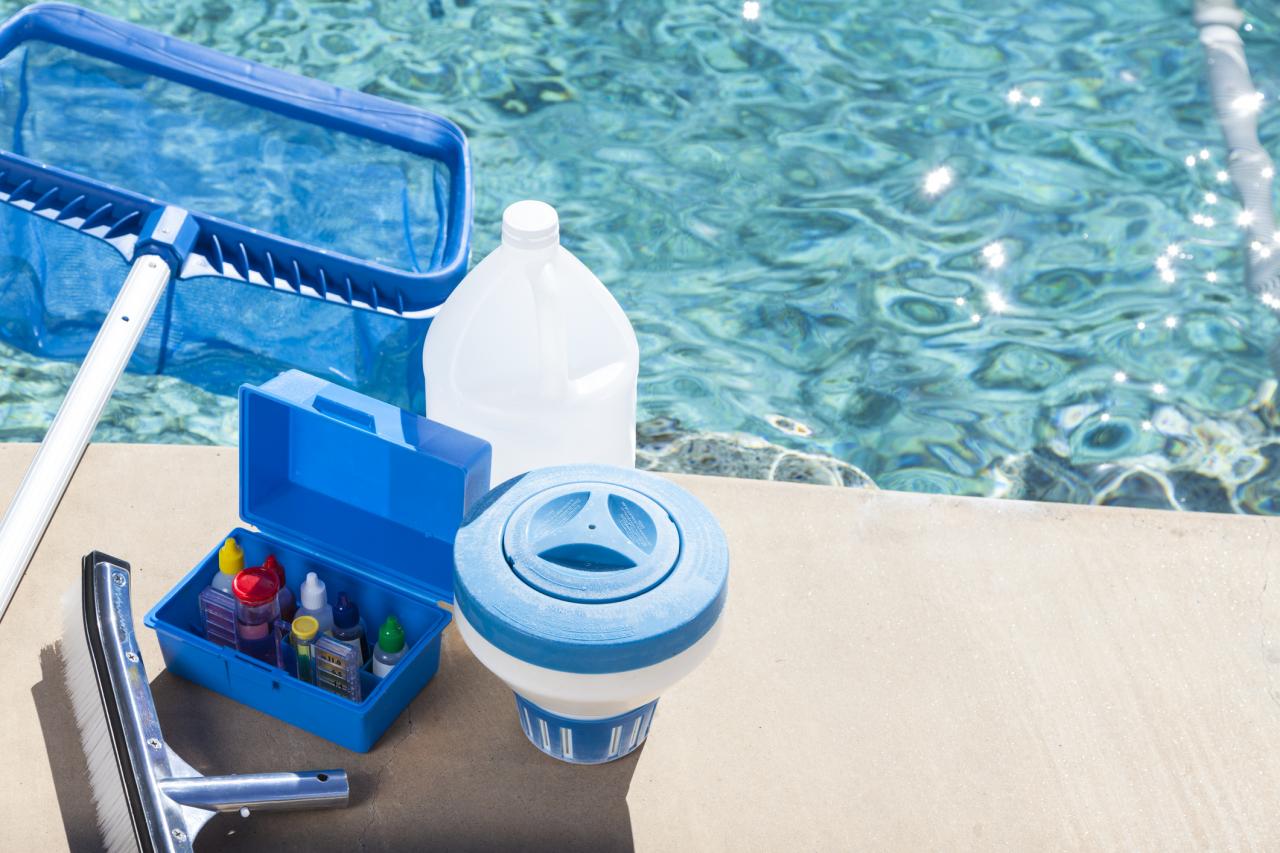Owning a saltwater pool can be an exciting prospect. These types of pools are becoming increasingly popular for their softer water and lower chlorine levels. But like all pools, saltwater pools require regular maintenance to stay clean and inviting. Here, we delve into some practical tips that can help you efficiently maintain your saltwater pool.
Understanding Saltwater Pool Chemistry
An essential aspect of maintaining any pool, including a saltwater pool, is understanding and maintaining water chemistry. In a saltwater pool, the salt cell generates chlorine, which serves to sanitize the water. However, this doesn’t mean that the water chemistry is entirely self-regulating. You still need to monitor and balance certain chemical levels in the pool.
Three critical elements to monitor are the salt level, pH, and stabilizer level. The salt level is usually kept between 2700 and 3400 parts per million (ppm). The pH should be between 7.2 and 7.8, while the stabilizer level, which helps retain chlorine in the pool, should be around 70-80 ppm.
Key Tip: Regularly check your pool’s chemistry levels using a quality test kit. Although the salt cell generates chlorine, you need to monitor other aspects of the pool chemistry and make necessary adjustments.
Regular Cleaning of the Pool and Salt Cell
Even though saltwater pools are often touted as self-cleaning, they do require some level of regular cleaning. This includes skimming for debris, vacuuming, and brushing the pool walls and floor.
Importantly, the salt cell in your pool also needs to be cleaned regularly. Over time, calcium deposits may build up on the salt cell, which can decrease its efficiency. Regularly inspect the cell and clean it using a mild acid wash as needed.
Notable Mention: As Benjamin Franklin said, “An ounce of prevention is worth a pound of cure.” Regular cleaning of your saltwater pool and its components can prevent problems before they become severe and costly.
Monitoring and Maintaining Your Pool Equipment
Your saltwater pool relies on several pieces of equipment to keep it running smoothly. This includes the pump and filter, the salt chlorine generator, and any heaters or automated systems you may have. Regular maintenance and timely repairs can keep these systems working efficiently and prolong their lifespan.
Tech Spotlight: Technology has made maintaining a pool easier than ever. Automated systems can monitor and adjust chemical levels, and smart devices can send alerts about potential issues right to your smartphone.
Preparing for Weather Changes
Depending on the climate where you live, you may need to take steps to protect your saltwater pool in colder months. This includes winterizing the pool and taking steps to prevent the water and pool components from freezing. In warmer months, higher usage and sun exposure may require more frequent chemical adjustments.
Quote: Mark Twain once said, “Climate is what we expect, weather is what we get.” Be prepared for weather changes and adjust your pool care routine accordingly.
Conclusion
Maintaining a saltwater pool doesn’t have to be a daunting task. With a basic understanding of pool chemistry, regular cleaning, diligent equipment maintenance, and weather awareness, you can keep your pool in top condition. After all, as Thomas Edison said, “There’s a way to do it better – find it.” This article is designed to help you find that better way when it comes to maintaining your saltwater pool. Enjoy the sparkling clear water!












